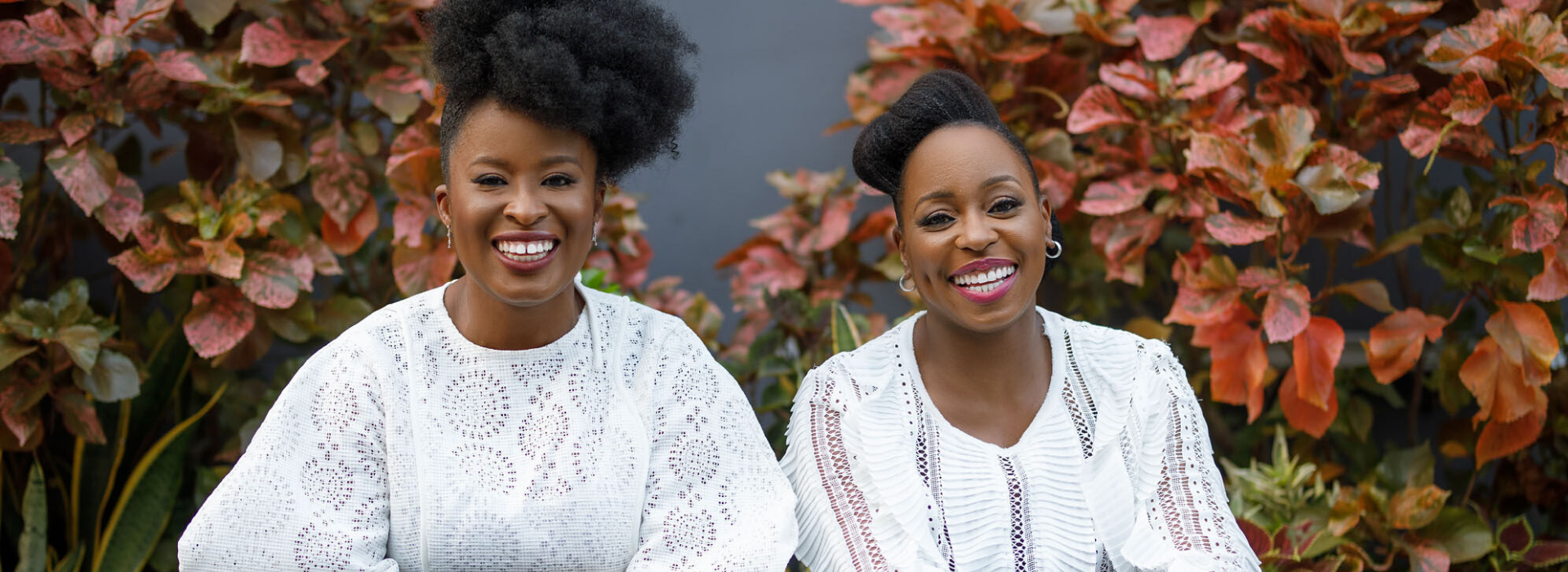
‘It takes a village' has never been more true
BY FEMI ODUNUGA & GAURANG SHAHThe pandemic hit Oh So Nutrition from two directions — growing and going.
Since 2014, Oh So Nutrition has been supplying health-conscious urbanites in Lagos, Nigeria, with grab-and-go cold-pressed juices, protein-rich chopped salads and guilt-free sweets. But when a rising number of COVID-19 cases prompted a lockdown of major cities in Nigeria at the end of March, the company’s supply chain took a hit from transportation delays due to internal border closures, while most of their customers switched to working at home.
Supply and demand evaporated — but not their commitment to their employees and suppliers. “The uncertainty of the situation, along with an unclear supply chain, required observation, planning and patience on our part,” says Affiong Osuchukwu, co-founder and CEO.
That meant rethinking how they reach their customers — and how their produce reaches them.
Since March, Oh So Nutrition has expanded its digital presence and connects with customers through newsletters, social media and surveys offering advice, tips and encouragement, while also learning what their new needs are. Osuchukwi and her co-founder and COO Foluke Oyeleye have developed new product lines to meet those needs, and improved efficiencies in their supply chain by going completely cashless. But the women are most proud of one thing — they have been able to retain all of their employees — and are now looking to hire more.
Though no community or economy has proven exempt from the ravages of COVID-19, the pandemic is having a disproportionate impact on developing nations, especially those in Africa. Reduced household and business spending, travel bans, supply chain disruptions, falling demand for Africa’s non-oil exports, and the delay or cancellation of foreign investments are expected to cut the region’s GDP by 2.8% in 2020 alone, the sharpest decline on record, according to the World Bank.
With a labor force of 440 million people mostly in the informal sector, McKinsey estimates that about one-third are vulnerable to loss of jobs or lowered income as a result of the pandemic, and the impending gloom due to this crisis cannot be overstated.
Stories of resilience like Oh So Nutrition are much-needed bright spots but they may be the exception and not the rule.
Many micro, small and medium enterprises (MSMEs) may succumb to the pressures of the crisis as they lack access to financing. Despite efforts by African policymakers to cushion the blows of the pandemic through cash transfers and fiscal stimuli, businesses are struggling. And so are governments around the world — with both significant revenue shortfalls and increased spending on COVID-19 response programs.
The unexpected and dynamic nature of this crisis demands a high level of problem solving and collaboration between the government, private sector and development organizations. There is a critical need for financial models that harness data in ways that can better support consumer needs in real time, and deliver transaction records for small businesses that build a credit history and enable access to loans they may need to keep going, or better yet, to grow.
This is where technology comes in. Technology-driven financial inclusion can protect vulnerable communities and provide long-term benefits, such as an expansion of credit programs built on increasing the understanding of users’ needs and risk profiles.
To protect MSMEs and create a path for accelerated economic recovery, key players will need to collaborate — and quickly — to solve systemic problems that have historically limited growth of commerce in emerging markets. These problems include limited financing options for these enterprises and a lack of digital tools to participate in digital commerce, including those that offer simple and safe digital payments.
A new partnership between Mastercard, Samsung, telco and mobile money provider Airtel Africa and financial services company Asante delivers on both needs. Mastercard’s Pay on Demand platform enables affordable device financing, putting smartphones in the hands of consumers across 14 markets in Africa to build a digital transaction history that can help establish creditworthiness. It gives entrepreneurs the digital tools they need to run their businesses and the ability to make and accept digital payments, in person and online, through Mastercard’s virtual card and QR functionality within the Airtel mobile money app.
Partnerships like these are the first step in what can be fruitful journeys in accelerating economic opportunities for all. A collaborative and creative approach to solving the problems unique to developing markets gives entrepreneurs like Osuchukwi and Oyeleye — and the employees they support and the communities they serve — the ability to not only survive but to thrive.
